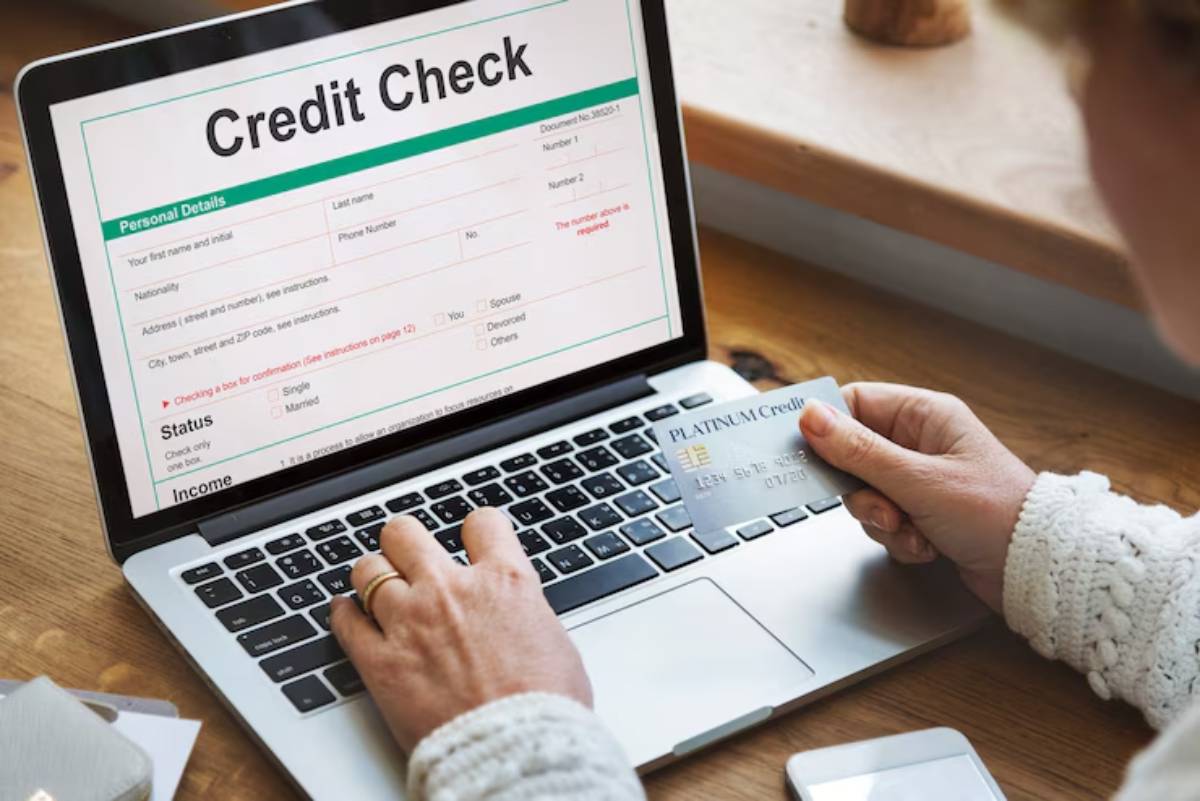
How to Rebuild Credit After Financial Setbacks
Life doesn’t always go as planned. Illness, job loss, unexpected expenses, or simple mistakes can lead to damaged credit. While a poor credit score feels discouraging, it’s not permanent.
With patience, knowledge, and a step-by-step plan, you can rebuild your financial reputation. This guide covers actionable advice for credit rebuilding, navigating financial recovery, and effective credit repair.
Pro Tip: Rebuilding credit is a marathon, not a sprint. Every positive step counts.
Quick Guide: Why Credit Recovery Is Important

- A better credit score opens access to loans, mortgages, and lower interest rates
- Good credit can reduce car insurance premiums
- Some landlords check your credit when renting a property
- It provides a safety net for emergencies in the future
Important: Improving your credit also improves peace of mind and long-term financial stability.
Step-by-Step: How to Rebuild Your Credit
Step 1: Check Your Credit Reports
The first step is understanding where you stand.
- Request your free credit report from Experian, Equifax, and TransUnion
- Look for errors such as incorrect balances or accounts that don’t belong to you
- Dispute any mistakes with the credit agency directly
Quick Tip: Checking your credit report does not lower your score.
Step 2: Make Consistent On-Time Payments
Payment history is the single most important factor in your credit score.
- Set up direct debits or reminders for all bills
- Pay at least the minimum payment on all accounts
- Prioritise accounts that report to credit bureaus
Pro Tip: Even small payments on time help to rebuild trust with lenders.
Step 3: Reduce Outstanding Debt
Lowering your total debt shows lenders that you’re in control.
- Focus on high-interest debts first (the avalanche method)
- Alternatively, pay off small balances first for quick wins (the snowball method)
- Avoid taking on new unnecessary debt
- The loan amount is held in a secure account
- You make fixed monthly payments
- On successful completion, you receive the loan plus any interest
- Each payment is reported to credit agencies
- It allows you to build positive payment history without risk of overspending
- Only spend what you can pay off in full each month
- Keep balances low (below 30% of the credit limit)
- Limit new applications to essentials only
- Too many inquiries in a short time can hurt your score
- Use eligibility checkers for soft searches instead of full applications
- Don’t close old accounts unless absolutely necessary
- Keep them active with small, manageable spending (if fees are not an issue)
- Track your income and expenses
- Build an emergency fund (aim for 1–3 months’ expenses)
- Avoid lifestyle inflation when your finances improve
| Method | Advantage |
|---|---|
| Avalanche | Saves money on interest |
| Snowball | Builds confidence with small wins |
Sustainability Note: Stick to a realistic payment plan you can maintain long term.
Step 4: Apply for a Credit Builder Loan
These loans are specifically designed to help rebuild credit.
Quick Tip: Only apply for products from FCA-regulated lenders.
Learn more in Credit Builder Loans: What You Need to Know.
Step 5: Consider a Secured Credit Card (If Suitable)

A secured credit card requires a deposit that acts as your credit limit.
Pro Tip: Never carry a balance for the purpose of “building credit”. Paying in full is better.
Step 6: Add Alternative Payments to Your Credit File
You can enhance your score by reporting non-traditional payments.
| Payment Type | How to Report |
| Rent | Through services like Canopy or CreditLadder |
| Council tax, streaming, and phone bills | Through Experian Boost |
| Utilities | Some providers report automatically |
Quick Tip: These additions only help if payments are consistently on time.
Step 7: Avoid New Hard Credit Inquiries
Each application for credit leaves a mark on your report.
Pro Tip: Wait until your credit has improved before applying for larger loans or mortgages.
Step 8: Keep Older Accounts Open
The length of your credit history influences your score.
Sustainability Note: Using existing accounts is safer than applying for new credit.
Step 9: Stick to a Budget and Emergency Fund Plan
A solid budget prevents future setbacks.
Quick Tip: Budgeting removes uncertainty and gives you back control over your finances.
Additional Credit Repair Tips
| Tip | Reason |
| Pay small debts first | Builds momentum |
| Dispute any incorrect late payments | May raise your score |
| Contact lenders if you’re struggling | Many offer hardship plans |
| Use soft search eligibility tools | Avoids hard checks |
| Monitor your report monthly | Spot errors or fraud early |
Common Mistakes to Avoid
| Mistake | Solution |
| Missing even one payment | Set reminders or use auto-pay |
| Applying for multiple credit cards at once | Wait and apply only when necessary |
| Closing old credit accounts | Keep old accounts open if possible |
| Ignoring letters from creditors | Communicate early to arrange payment plans |
| Taking payday loans to fix credit | Avoid high-risk loans with damaging terms |
Frequently Asked Questions
How long does it take to rebuild credit?
Typically between 6 to 18 months depending on your starting point and consistency.
Can I rebuild credit without using credit cards?
Yes. Credit builder loans, rent reporting, and on-time bill payments all help.
Will using a secured card damage my score?
No, as long as payments are made on time and you stay within your credit limit.
Does checking my own credit lower my score?
Not at all. Personal checks are considered “soft” inquiries and have no impact.
Should I use a credit repair company?
Be cautious. Many companies charge high fees for tasks you can do yourself for free.
Rebuild, Restore, and Regain Control
Bad credit doesn’t define your financial future. By following these practical credit rebuilding steps, staying patient, and focusing on financial recovery, you can successfully complete your journey of credit repair.
The key is consistency, responsible borrowing, and avoiding risky shortcuts. With time and effort, your credit score will improve—and so will your confidence.
Stay focused. Stay consistent. Rebuild your credit the right way.


